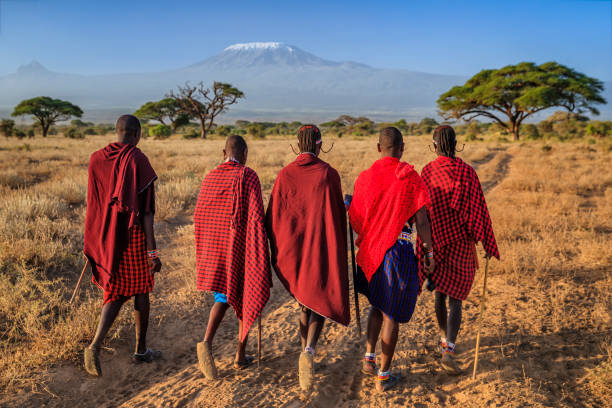Mount Kilimanjaro is not only a natural wonder but also home to vibrant communities whose rich culture and traditions add to the tapestry of this iconic landscape. At Jiwe Adventures, we believe in fostering cultural appreciation and understanding among trekkers, while also supporting the local communities whose lives are intertwined with the mountain. Here's an introduction to the people of Kilimanjaro and how trekkers can engage respectfully with their culture
Indigenous Tribes
The Kilimanjaro region is home to several indigenous tribes, including the Chagga, Maasai, and Pare people, each with their own distinct culture, language, and traditions. These communities have inhabited the foothills of Kilimanjaro for centuries, relying on agriculture, livestock herding, and trade for their livelihoods.
Chagga Tribe:
Location:
The Chagga people primarily inhabit the southern and eastern slopes of Mount Kilimanjaro in Tanzania.
Norms and Cultural Life:
The Chagga are known for their agricultural expertise, cultivating bananas, coffee, and other crops on the fertile slopes of Kilimanjaro. They have a matrilineal social structure, with descent traced through the female line, and maintain strong ties to their ancestral lands and traditions.
Economic Activities:
Agriculture is the backbone of the Chagga economy, with terraced fields and irrigation systems supporting their livelihoods. Additionally, they engage in small-scale trading and craftsmanship, producing traditional pottery, wood carvings, and textiles.
Maasai Tribe:
Location:
While traditionally associated with the savannahs of Kenya and Tanzania, the Maasai people also have a presence in the Kilimanjaro region.
Norms and Cultural Life:
The Maasai are semi-nomadic pastoralists known for their distinctive attire, elaborate beadwork, and vibrant ceremonies. Their traditional lifestyle revolves around cattle herding, with cattle considered a symbol of wealth and status. Maasai society is organized into age sets, with rites of passage marking the transition from one stage of life to another.
Economic Activities:
Livestock herding is central to the Maasai economy, with cattle providing food, milk, and social currency. They also engage in small-scale agriculture and trade, supplementing their livelihoods with income from tourism and artisanal crafts.
Pare Tribe:
Location:
The Pare people primarily inhabit the foothills of Mount Kilimanjaro and the neighboring Pare Mountains in northeastern Tanzania.
Norms and Cultural Life:
The Pare are renowned for their agricultural prowess, cultivating crops such as maize, beans, and cassava on the fertile slopes of Kilimanjaro. They have a patrilineal social structure, with descent traced through the male line, and place great importance on community cohesion and mutual support.
Economic Activities:
Agriculture is the primary economic activity for the Pare people, with terraced fields and irrigation systems supporting intensive farming practices. They also engage in small-scale trade, producing and selling traditional handicrafts such as baskets, mats, and pottery.
The Chagga, Maasai, and Pare tribes of the Kilimanjaro region are integral to the cultural landscape of East Africa. Their distinct norms, cultural practices, and economic activities not only contribute to the region's diversity but also offer visitors a glimpse into the rich tapestry of life in the shadow of Africa's tallest mountain. As stewards of this cultural heritage, it is essential to respect and support the indigenous communities of Kilimanjaro in their efforts to preserve their traditions and way of life.

Free date changes

Guaranteed refunds

Full financial protection
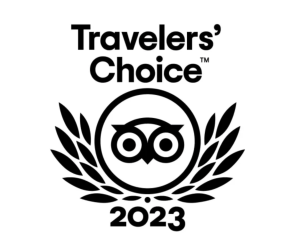
Jiwe Adventures has been
rated excellent by its customers
Call to build a tailor-made adventure
Submit an enquiry
Contact us by phone or email about your adventure holiday, tour, flight or tailor made travel enquiry
Jiwe Adventures
Pictures taken by our past clients
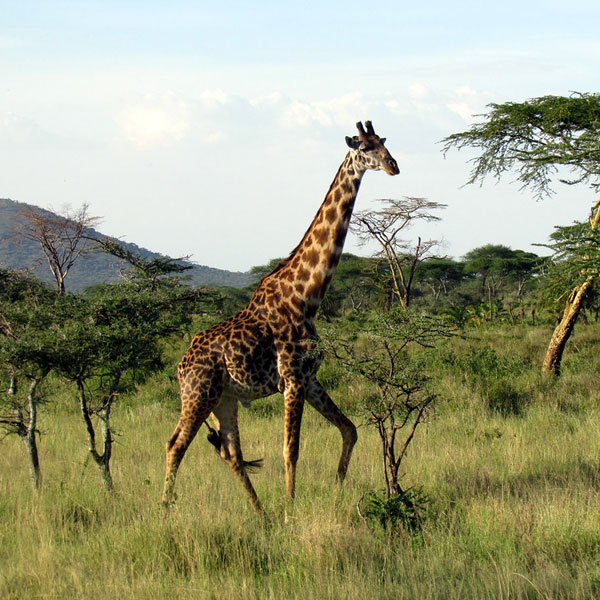


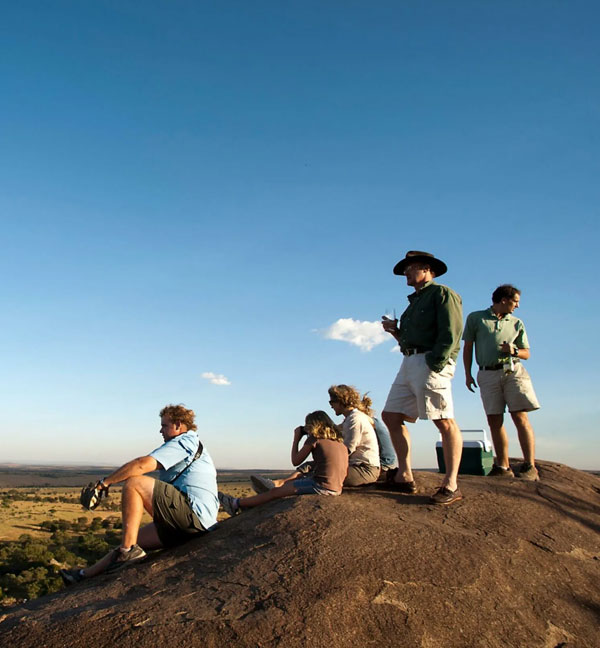


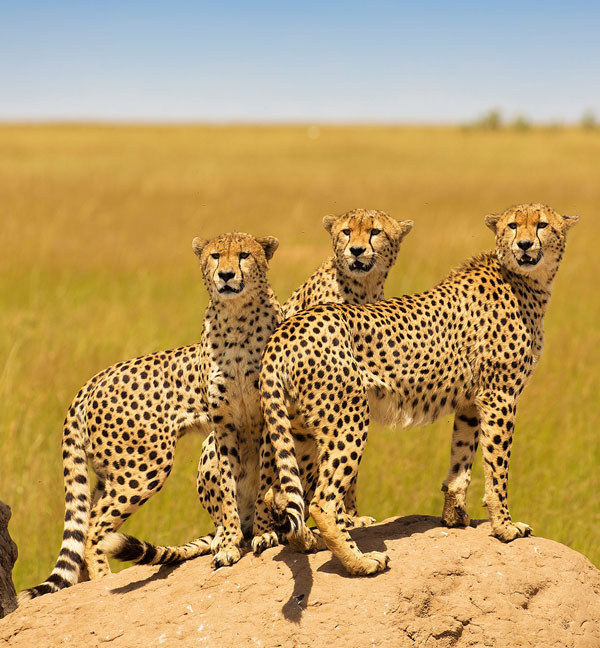
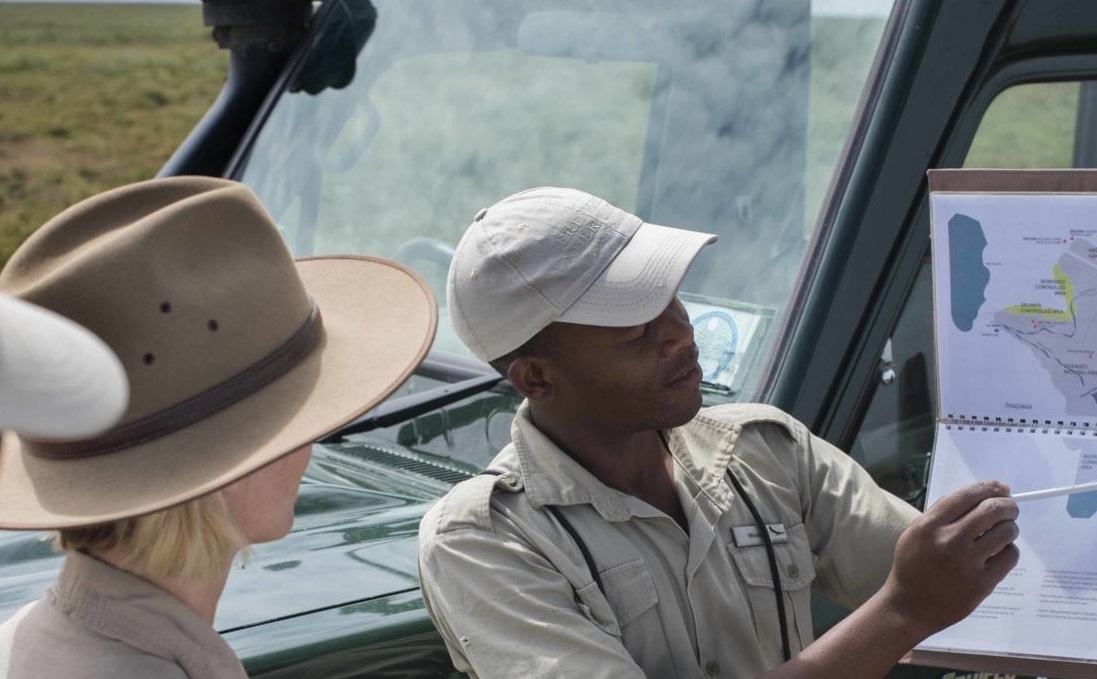
We believe in the value of people. Our travel experts have extensive experience and are here to help with any enquiry. Hope to hear from you soon!
Opening Hours
Monday - Friday
9am - 7pm
Saturday
10am - 4pm
Sunday
10am - 4pm

Trust
Your money is protected by our Trust account and Client account.

Experts
Our team are all experienced travellers, expedition leaders and instructors.
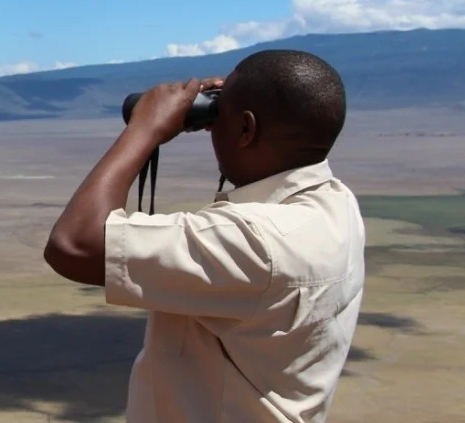

Built For You
We have over 10,000 available tours and something to suit everyone or Build Your own with our Tailor Made Team.
Call our experts on
+255 752 971 075
Flexible
- Free Date Changes
- Monthly Payment Plans
- Low Deposits
- Build Your Own

Value
We promise to make sure you enjoy the highest possible value for your budget.


